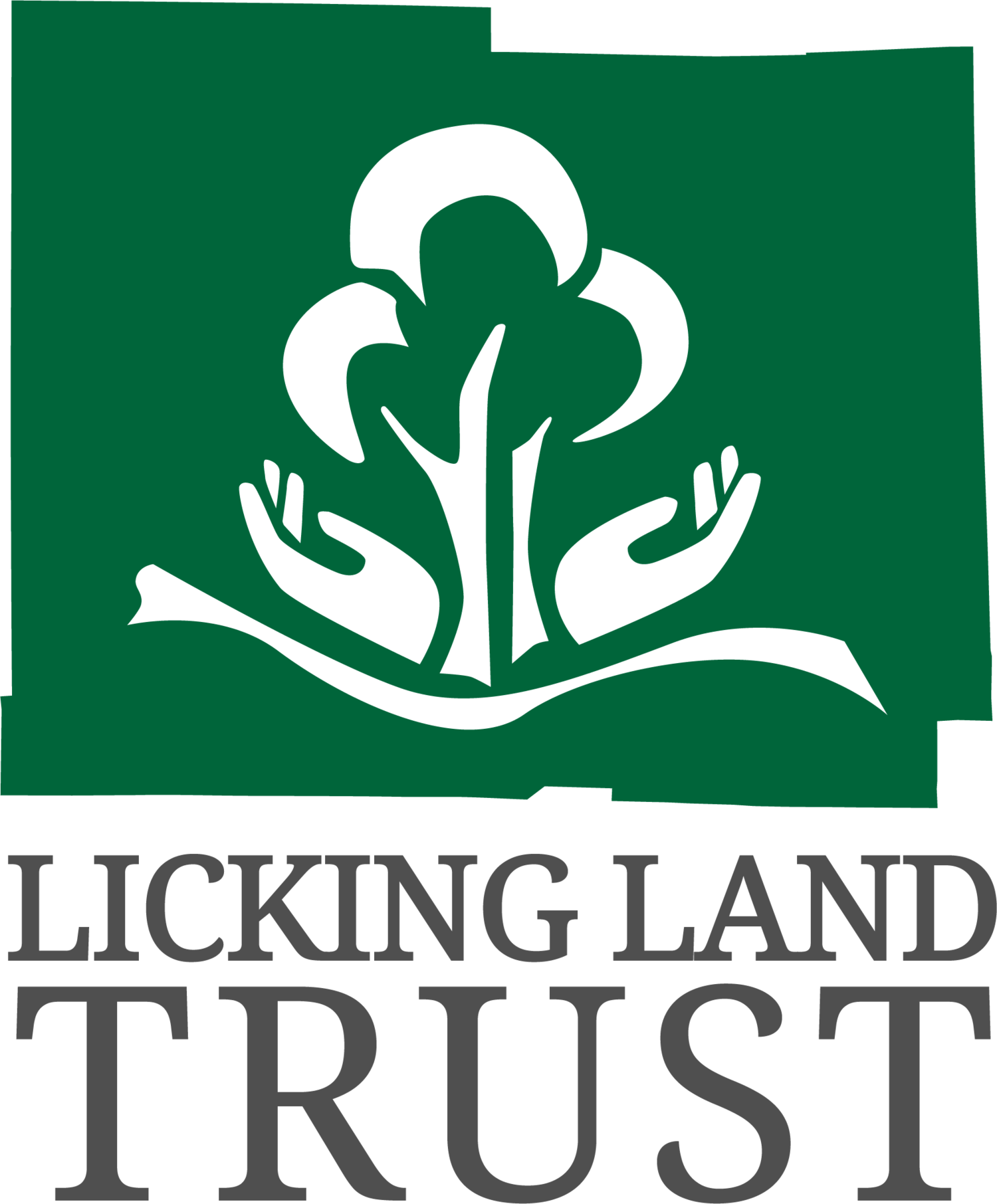Al & Lori Brown's Desire to let Nature be Nature
Al and Lori Brown were self-described “city folk” when they moved to their Licking County farm after they got married in 1989. Searching for a place to settle down outside the city, they looked at lots of properties, but the trees and rolling terrain of this farm were just what they had been seeking. They have been loving small town life and their home on the farm ever since.
Al and Lori’s farm officially became a Licking Land Trust easement at the end of May, but they began thinking about how to preserve the property over 10 years ago. Lori says Al has been a “tree hugger” for many years: “He has been in love with trees forever, and he did not want this beautiful piece of land to do anything but remain a beautiful piece of land.”
Located about a mile southeast of Newark, the 110-acre Brown Farm comprises a variety of land uses. About 27 acres of the farm are woodland. While the Browns do not personally farm the 50 or so acres of agricultural land on the property, they have always had someone working the land, often in hay, and for the last couple of years, in corn. The property features a stream and a constructed pond, and about 20 years ago, the Browns worked with the Licking County Soil and Water Conservation District to put in two wetland basins. Overall, the farm provides excellent habitat for wildlife and a variety of organisms. With its proximity to Newark and the city’s accelerating growth, the farm will also provide a significant buffer from development and a preservation of green space in our community.
Al and Lori both had long-time careers in Columbus before they retired, but the commute from the farm and the peace and respite they’ve enjoyed there were worth it. They’ve enjoyed the diversity of the property, walking with their dogs, catch-and-release fishing at the pond with friends, the views from the farm’s large hill, sledding on the hill, and “just wandering.” They are pleased to know that the wildlife will continue to have a refuge, the woods will remain woods, and the wetlands will continue to benefit waterfowl.
As Lori says, “It’s just good to know that it will be a place for nature to be nature.”


